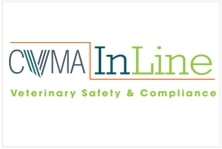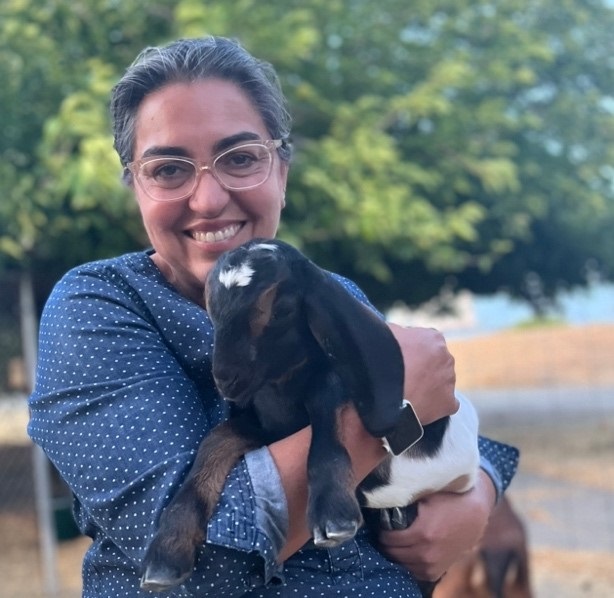MENUMENU
- Advocacy
- Continuing Education
-
- News & Now
- Membership
-
- About Us
-
-
-
-
- Bylaws & Constitution
- Bylaws – Article I – Membership
- Bylaws – Article II – Meetings
- Bylaws – Article III – Board of Directors
- Bylaws – Article IV – Constituent Associations
- Bylaws – Article V & VI – House of Delegates
- Bylaws – Article VII, Article VIII, Article IX, Article X – Officers of the CVMA
- Bylaws – Articles XI, XII, XIII – Duties of the Board, Executive Director & Sergeant-At-Arms
- Bylaws – Article XIV – Election of Officers, Governors & Selection of Delegates
- Bylaws – Article XV and Article XVI – Association Dues and Committees
- Bylaws – Article XVII – Miscellaneous
- Bylaws & Constitution
-
- Resources
MENUMENU
- Advocacy
- Continuing Education
-
- News & Now
- Membership
-
- About Us
-
-
-
-
- Bylaws & Constitution
- Bylaws – Article I – Membership
- Bylaws – Article II – Meetings
- Bylaws – Article III – Board of Directors
- Bylaws – Article IV – Constituent Associations
- Bylaws – Article V & VI – House of Delegates
- Bylaws – Article VII, Article VIII, Article IX, Article X – Officers of the CVMA
- Bylaws – Articles XI, XII, XIII – Duties of the Board, Executive Director & Sergeant-At-Arms
- Bylaws – Article XIV – Election of Officers, Governors & Selection of Delegates
- Bylaws – Article XV and Article XVI – Association Dues and Committees
- Bylaws – Article XVII – Miscellaneous
- Bylaws & Constitution
-
- Resources
MENUMENU
- menu
-
-
-
-
-
-
-
-
-
-
-
-
-
-
- Bylaws & Constitution
- Bylaws – Article I – Membership
- Bylaws – Article II – Meetings
- Bylaws – Article III – Board of Directors
- Bylaws – Article IV – Constituent Associations
- Bylaws – Article V & VI – House of Delegates
- Bylaws – Article V & VI – House of Delegates
- Bylaws – Article VII, Article VIII, Article IX, Article X – Officers of the CVMA
- Bylaws – Articles XI, XII, XIII – Duties of the Board, Executive Director & Sergeant-At-Arms
- Bylaws – Article XIV – Election of Officers, Governors & Selection of Delegates
- Bylaws – Article XV and Article XVI – Association Dues and Committees
- Bylaws – Article XVII – Miscellaneous
- Bylaws & Constitution
-
-
-
-












